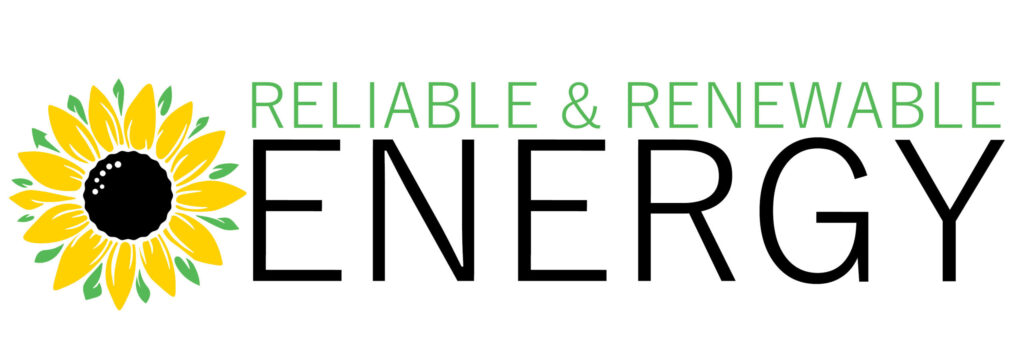Recently, there have been outstanding benefits of solar energy for environmentally friendly power sources. Solar energy is emerging as a noticeable decision for feasible power creation. Solar panels are likewise called photovoltaic (PV) panels. They have become more open and cost less. It lets individuals, organizations, and states use daylight to gain power. This blog investigates the many advantages related to the utilization of solar-powered chargers.
1. Cost Reduction:
Solar panels provide a compelling solution for reducing power expenses. This is particularly true in regions with abundant sunshine. Making energy on-site lets people cut or end their reliance on grid power. It results in significant financial savings over time. It is best benefit over all the advantages of solar energy
2. Extended-Duration Investment:
Investing in solar panels is wise. It is a prudent financial decision that has long-lasting benefits. Despite the need for an initial installation expenditure, solar panels have a lifespan of 25 years or more. It continually produces power with few maintenance requirements. This enduring characteristic ensures a continual stream of energy conservation and a favorable financial gain for the whole duration of the panel.
3. Governments and utilities:
They worldwide provide various financial incentives to encourage the use of solar energy. These incentives include tax credits, rebates, feed-in tariffs, and net metering. They can make solar panels more profitable. They can also speed up the return on investment.
4. Renewable Energy Source:
Solar energy is an environmentally friendly power source that is obtained from the sun. It is a bountiful and self-recharging power source. Sun-based power is inexhaustible and eco-accommodating. It’s an option in contrast to limited and unsafe petroleum products.
5. Carbon Footprint Reduction:
Solar panels are crucial. They help mitigate climate change by reducing greenhouse gas releases. Solar panels provide energy without releasing harmful pollutants. Coal and gas plants do release them. This helps reduce global warming and its associated impacts.
6. Conservation of Natural Resources:
Solar energy extraction does not deplete scarce resources. It includes coal, oil, or natural gas. It doesn’t depend on water for cooling, similar to nuclear energy stations. Solar panels add to the relief of asset exhaustion and ecological corruption. It advances the protection of biological systems and biodiversity.
7. Attaining Energy Autonomy:
Solar panels give power to people, companies, and communities. They allow them to take control of their energy fate. It is done by generating electricity on their premises. Power production dispersion enhances energy security and resilience. This is done by reducing reliance on centralized systems and fossil fuel imports. It, therefore, mitigates the impact of natural catastrophes or geopolitical conflicts.
8. Employment Generation:
The exponential growth of the solar sector has generated employment prospects throughout the whole value chain. It includes production, installation, sales, distribution, and maintenance. The solar business stimulates economic development, bolsters local economies, and fosters innovation and entrepreneurship by providing work opportunities for individuals with diverse skill sets and experiences.
9. Technological Advancement:
Continuous backing for research and development in solar energy promotes technological growth, leading to improvements in solar panels’ efficiency, durability, and cost-effectiveness. Progress in the fields of materials science, energy storage, and grid integration technologies is improving the performance of solar power systems. It also lays the groundwork for a more environmentally friendly and robust energy future.
10. Water Conservation:
Unlike conventional thermal power plants that need significant water for cooling, solar photovoltaic systems use little water during operation. Solar panels aid in the conservation of water resources. It is particularly effective in regions experiencing water shortages by alleviating pressure on freshwater supplies and mitigating environmental impacts associated with water use and outflow.
11. Educational Possibilities:
The expansion of solar energy advancements offers educational effort and limits building potential open doors. This is especially true in STEM (science, innovation, designing, and arithmetic) disciplines. Schools, universities, and professional foci can add solar energy to their educational programs. This method may provide students with hands-on learning opportunities. It gives them the skills and knowledge they need. This will make them experts who can help the energy sector progress and thrive.
12. Social Equity:
Solar energy may enhance equity by increasing the accessibility of renewable energy resources and mitigating energy poverty. Community solar initiatives, collaborative solar installations, and inventive funding methods provide solar energy savings to low-income families and disadvantaged groups. It enables their participation in the transition to renewable energy. This promotes social inclusion and economic empowerment.
To summaries
Solar panels provide a compelling solution for meeting RAR Energy’s sustainable energy needs. Investing in solar energy is wise. It has financial benefits. These include cost cuts and the chance for long-term profits. Also, it reduces carbon emissions. And, it preserves natural resources. It aligns with RAR Energy’s commitment to sustainability.
Furthermore, solar energy has a positive impact on society. It includes benefits. They include achieving energy self-sufficiency, creating jobs, fostering technical progress, promoting resilient communities, and enhancing social fairness. RAR Energy uses solar power. It can meet its energy needs. Solar power also helps build a fairer and more sustainable future.






